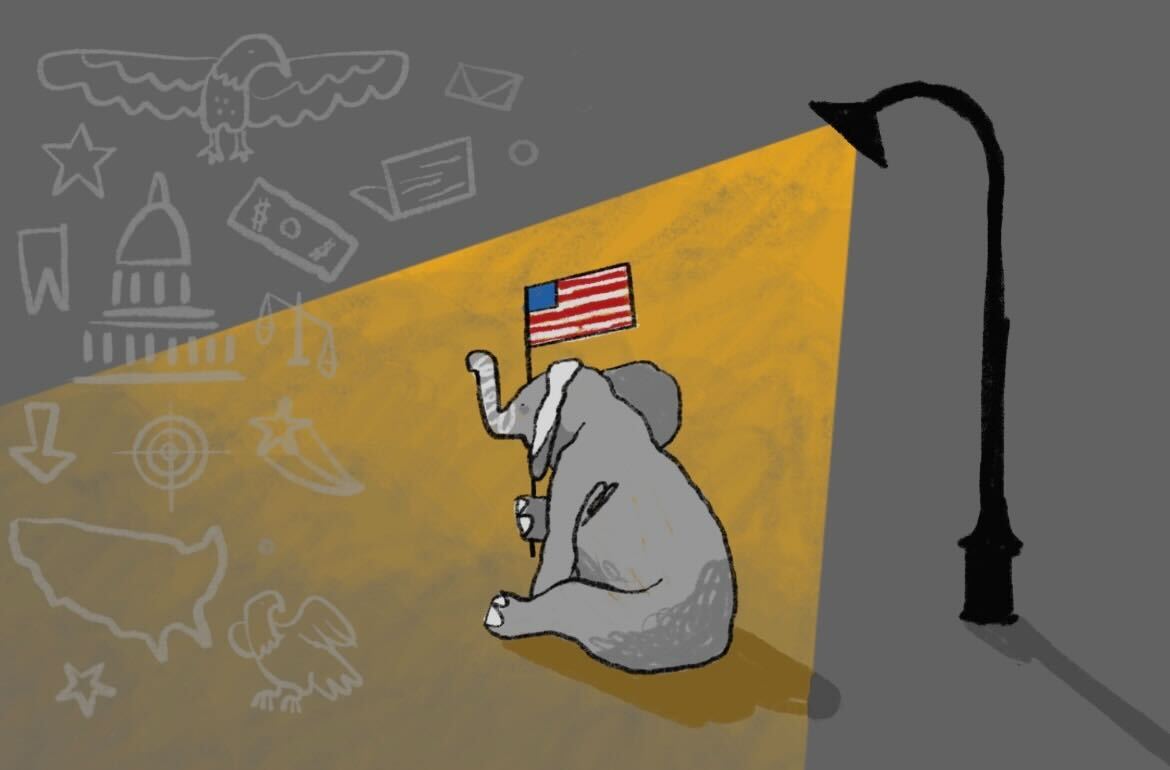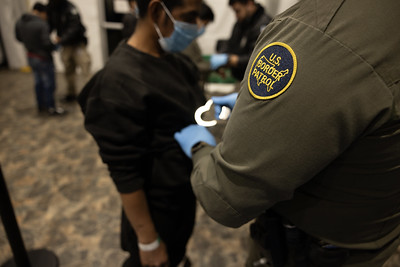At a university where, at any given time, a significant portion of the student body is employed on co-op, summer courses are necessary to keep pace with the academic calendars of other institutions. The point is to aid in both negating the time lost while on co-op and to graduate students in a timely fashion.
As Northeastern students generally take the summer after freshman year off, summer courses are intended for upperclassmen, who have already determined their major and are on their way to graduation. In a perfect system, this would pose no issue.
The problem arises when one considers the relatively meager selection offered to students. For example, in the Summer I 2011 semester the university offers sociology majors an Introduction to Sociology course, which would logically be the first course a prospective sociology major would attend; a smattering of 1000-level electives; and two of the three major requirements. The highest level course offered is SOCL 2358, Current Issues in Cities and Suburbs. No 3000- or 4000-level courses to be seen.
Based on the course offerings, the university has seen fit to offer courses better suited for freshmen and sophomores, who are among the least likely to take summer courses. Any post co-op upperclassman in summer courses will have already completed a great deal of their lower-level requirements for their major, which appear to be the bulk of the courses offered during this period.
This dearth of courses is repeated in several different majors. Earth and Environmental Sciences offers only two courses this semester; International Affairs offers one course and a Dialogue of Civilizations; Linguistics, Journalism, and Philosophy offer only one undergraduate course each.
Majors like African-American Studies have the worst of it, with the university not offering a single course in the department for the Summer I semester, forcing students seeking the major to either skip the semester and fall behind in their scheduling or take classes they may neither want nor need to keep on pace.
Sub-par offerings lead to sub-par selections, as students are forced to take unnecessary courses to get the most for their money. This may be due to a scarcity of professors, many of whom spend the summer working on research. While Northeastern is a research university, it also has a duty to its students. If the university expects students to graduate as representatives of the best that Northeastern can offer, they need to provide students the best that Northeastern can offer.
By the time students have reached the summer semesters, their horizons are sufficiently broad. Northeastern needs to re-evaluate their course selections and offer students the courses they both want and need.









